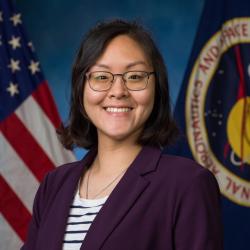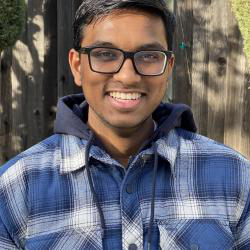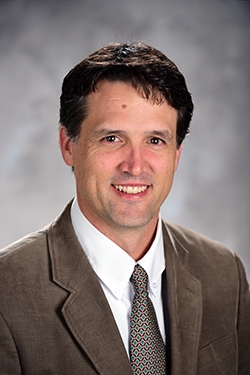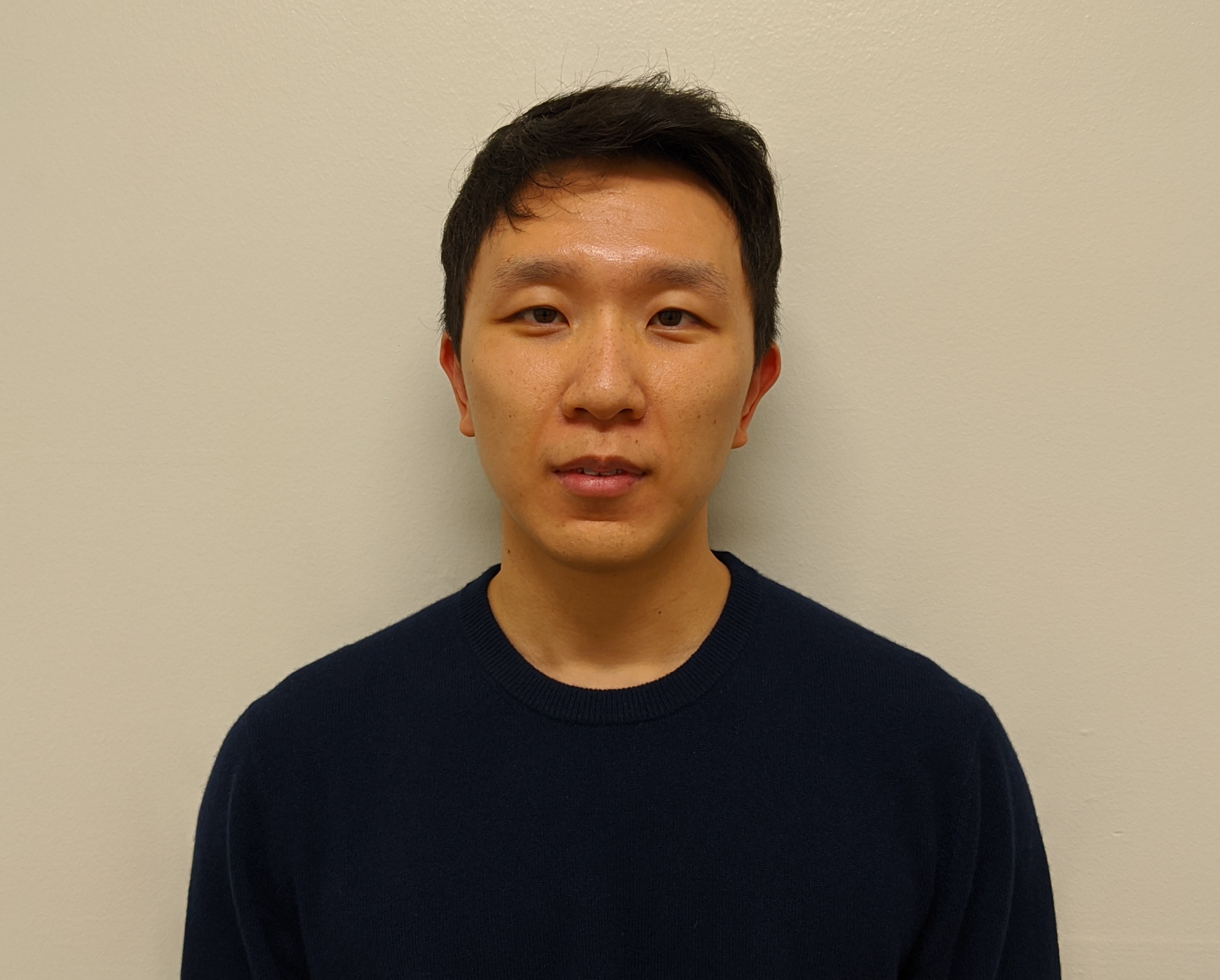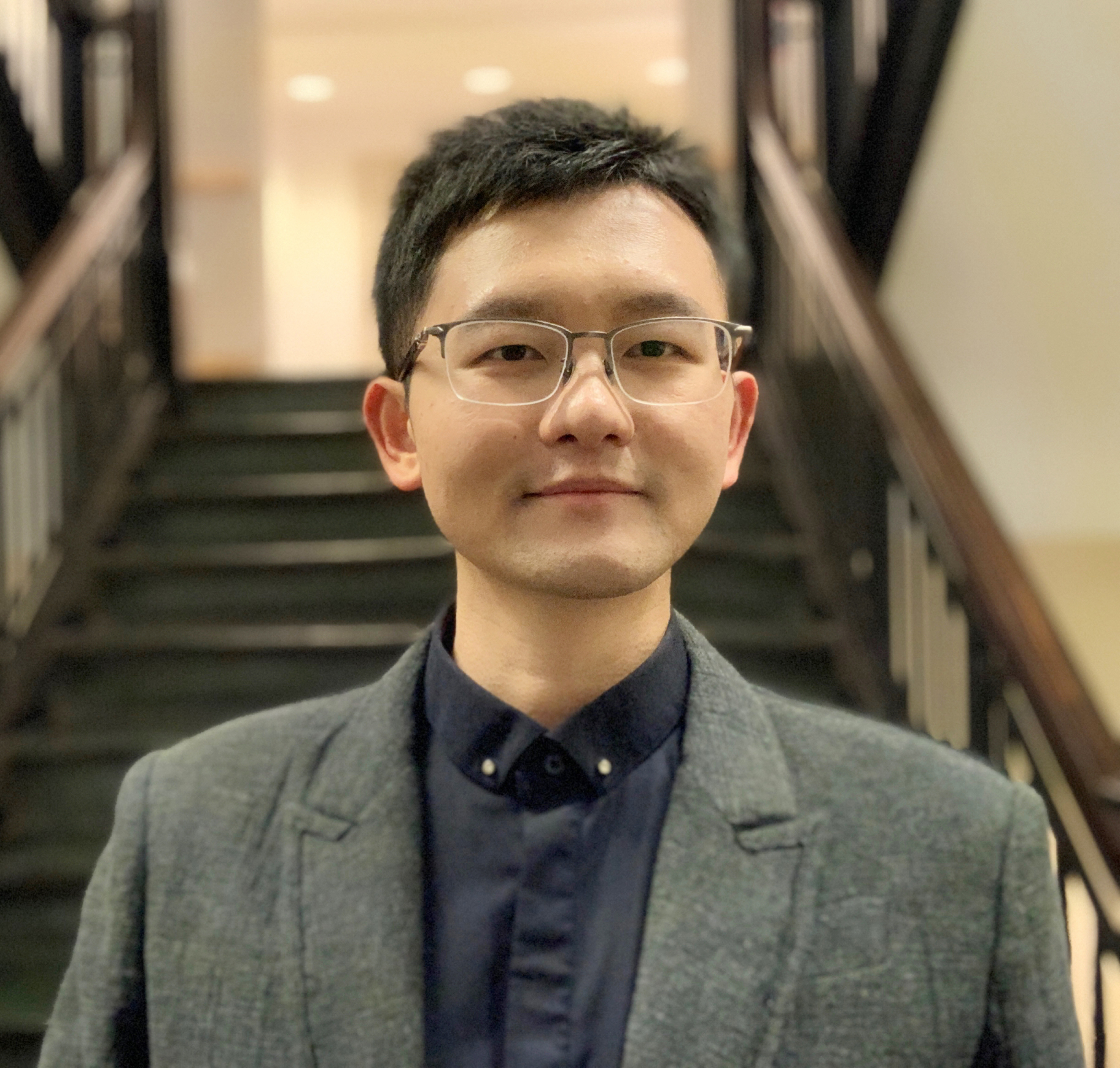Yana Charoenboonvivat has received the NSF Graduate Research Fellowships Program (GRFP) award for her project on "CubeSat Lunar Cycler Platform for Fundamental Research Beyond Low Earth Orbit." This project aims to develop a CubeSat architecture that can fly a lunar cycler trajectory and understand the effects of deep space radiation on microbial evolution. Yana has been working on this project under the advisement of Dr. Christopher Carr at the Planetary Exploration Lab (PXL), and will be pursuing her Ph.D. starting Fall 2022 at MIT.
Shan Selvamurugan has received the NSF Graduate Research Fellowships Program (GRFP) award for his project on "Using Bimodal Propulsion Systems to Enable Autonomous Rendezvous and Proximity Operations." This project seeks to build and test a GN&C system for a standard 12U CubeSat that conducts autonomous rendezvous and docking with a target satellite using a bimodal system consisting of ionic liquid-based electrospray thrusters paired with a green monopropellant thruster. Shan is currently a Masters student at SSDL, and will move on to his Ph.D., both under the advisement of Dr. Glenn Lightsey.
SSDL Prof. Brian Gunter has been elected to the status of 2021 AAS Fellow by the American Astronautical Society(AAS). At Georgia Tech, Christian develops algorithms for extracting information from space sensor data. He is most well-known for his contributions in the use of visible/infrared space imagery, especially for celestial optical navigation (OPNAV), planetary terrain relative navigation (TRN), and star identification. His algorithms have been incorporated into numerous space exploration missions.
Brandon Colon, has received the NASA Space Technology Graduate Research Opportunities (NSTGRO) fellowship for his proposal on "Generative Design of Additively Manufactured Tanks for Small Spacecraft Propulsion Systems." This competitive award will provide up to 4 years of funding for Brandon to complete his PhD. Brandon Colon is a PhD candidate working under the advisement of Dr. Glenn Lightsey.
Onalli Gunasekara has received the DoD NDSEG fellowship for her research proposal on the topic of "Dynamic Data Driven Framework for Autonomous Space Situational Awareness Network of Satellites in Highly Uncertain Environments using Reinforcement Learning." This competitive PhD fellowship will cover her tuition, fees, and stipend for the next 3 years. Onalli is a PhD candidate working under the advisement of Dr. Koki Ho.
SSDL Prof. Brian Gunter has been elected to the status of Associate Fellow by the American Institute of Aeronautics and Astronautics (AIAA). Gunter's research encompasses spacecraft missions and their applications, such as investigations into current and future laser altimetry missions, monitoring changes in the polar ice sheets using satellite data, applications of satellite constellations/formations, and topics surrounding kinematic orbit determination.
Hang Woon Lee, has received the AAS Molly K. Macauley Award for his paper and presentation about the startup challenges in the space-based communications industry. He was awarded a travel grant of $3000 and has been invited to present his work at the AAS John Glenn Memorial Symposium in July 2020. Hang Woon Lee is a PhD candidate working under the advisement of Dr. Koki Ho.
Alex Lee, has received the DoD's National Defense Science and Engineering Graduate (NDSEG) Fellowship for his proposal on 'Improving the precision level of relative positioning of satellites (probably small sats) by using quantum metrology so that formation flying satellites can have improved capability on remote sensing, etc.' This fellowship will fund his reseach for three years under the advisement of Dr. Brian Gunter.
Prof. Ho has been awarded a five year NSF CAREER grant to design flexible complex systems with coupled and co-evolving subsystems under operational uncertainties. Central to his work will be a study of the staged deployment of coupled subsystems, a move that is expected to enhance flexibility and mitigate uncertainties.
Read more about the work here.
Prof. Koki Ho
Hao Chen, received the Luigi Napolitano Award at the International Astronautical Congress (IAC) in Washington DC this week. This award is given by the International Astronautical Federation (IAF) annually to a young scientist, under age 30, who has contributed significantly to Aerospace Science. Hao's paper takes a unique perspective of using game theory and mathematical optimization to design an incentive mechanism to stimulate the participation of the commercial industries in space exploration, providing a large impact on the emerging space commercialization trend.
Prof. Ho has received a Defense Advanced Research Projects Agency (DARPA) Young Faculty Award and a NASA Early Career Faculty Award for two projects that utilize space system optimization. His DARPA research will focus on network-based simulation concept to optimize logistics design for on-orbit, servicing, assembly, and manufacturing (OSAM) missions and through his NASA award, Ho's research group will develop new approaches to safely, accurately, and efficiently land space vehicles in uncertain environments.
Prof. Koki Ho is seen here accepting his Young Faculty Award from DARPA program manager Dr. Michael Fiddy
Working alongside his advisor, Prof. E. Glenn Lightsey, William will use his NSTRF to support research into a new Doppler-based tracking system to be used to locate land rovers - and, eventually, people - on distant planets. He hopes to improve the Techonology Readiness Level (TRL) of this system.

